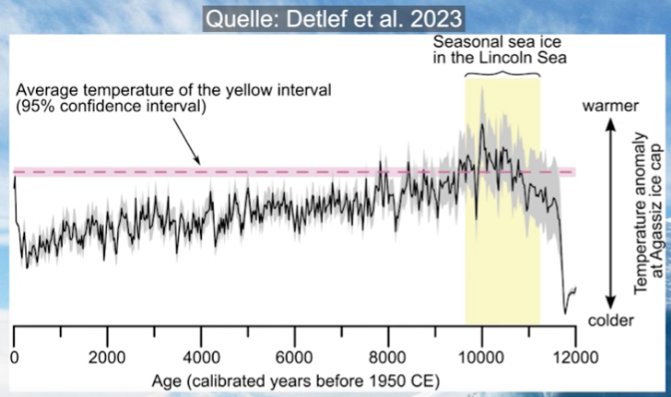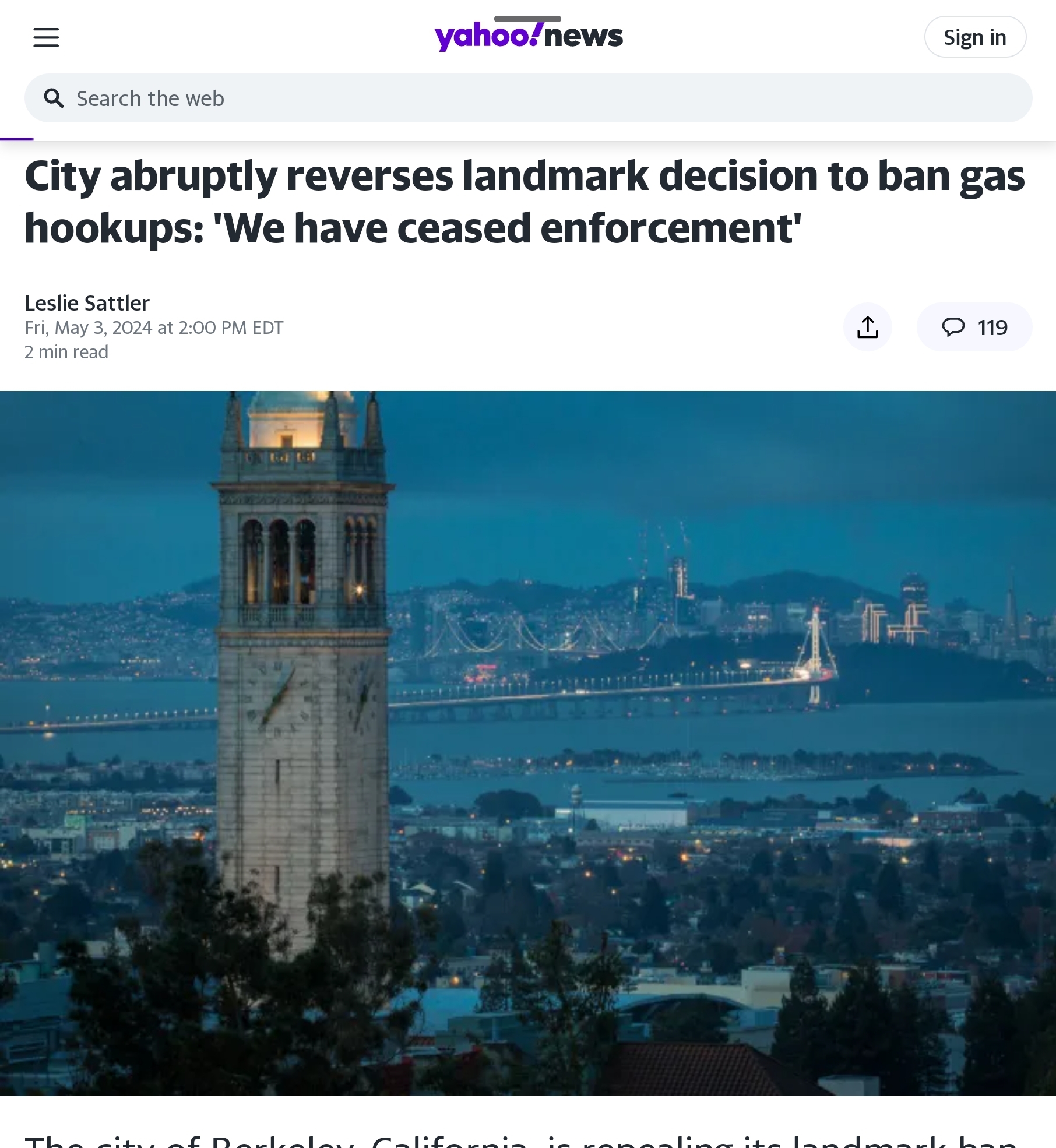https://mydroll.com/climate-researchers-call-for-dirty-cars-to-be-refused-registration/
Researchers are calling for urgent action to be taken to reduce vehicle emissions in Australia, on the back of a new study into the health effects of vehicle emissions.
Melbourne Climate Futures researchers scaled results from a New Zealand study to gauge the impact of vehicle emissions on Australians, and found 11,105 premature deaths can be linked to health conditions caused by pollution from vehicle emissions annually.
The study contradicts Australian Bureau of Statistics figures from 2018, referenced by researchers, claiming vehicle emissions cause no more than 2000 premature deaths per year.
Suggestions from researchers aimed at lowering emissions include exhaust testing vehicles already on the road, and refusing registration to those which don’t meet an acceptable (undefined) emissions standard. Smog testing ageing vehicles isn’t unheard of in some American states, such as California.
Suggested initiatives aimed at reducing the risk for children and those most vulnerable include locating schools away from major roads, creating pollution barriers, and enforcing low emission zones and anti-idling policies.
Local governments are being encouraged to promote the use of public transport, or walking and cycling to work, in an effort to reduce vehicle emissions for day-to-day commuting to and from work.
Currently, researchers say public awareness is low for the health risks relating to vehicle emissions. They argue public awareness needs to be in line with that of bushfire smoke, or road accidents.
“There are short and long-term changes we can make to mitigate the effects of traffic pollution in Australia and dramatically improve health outlooks, as well as the economic burden of emissions-related health impacts,” said Clare Walters, fellow at Melbourne Climate Futures Academy.
The most dangerous parts of vehicle emissions, according to researchers, are fine particulate matter – which can enter the blood stream and cause inflammation, among other things – and nitrogen dioxide, which is estimated to account for 13 per cent of global paediatric asthma conditions.
The researchers say the groups most at risk of developing health issues related to vehicle emissions are unborn children, children, the elderly, Indigenous Australians, disadvantaged populations, and people with underlying diseases.
Calls for emissions standards and stronger incentives to drive EV uptake have been growing, both from within and outside the car industry.
The peak body for car brands in Australia has called for the Federal Government to invest in electric vehicle charging while employing policies that support a variety of low- or zero-emissions options.
The Federal Chamber of Automotive Industries (FCAI) last year published a “three-point plan” to help bring the car industry in Australia to the end goal of decarbonisation.
It has called for the Government to incentivise public, private and fleet vehicle charging and hydrogen refuelling, and to create other incentives like free parking and charging, and access to transit lanes for zero-emissions vehicles.
It also supports Government fleet procurement targets for more efficient vehicles.
The FCAI has also called on the Government to adopt an international standard of fuel quality. Australia still follows Euro 5 emissions standards, and must move to Euro 6 by July 1, 2027 – by which time Europe will have already moved onto Euro 7 regulations.




